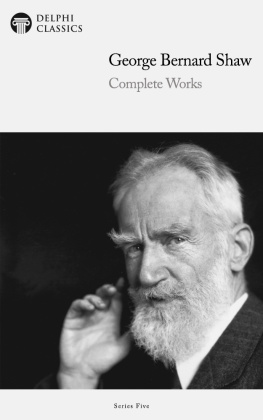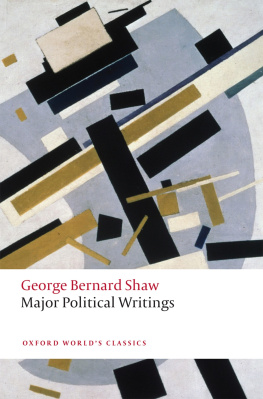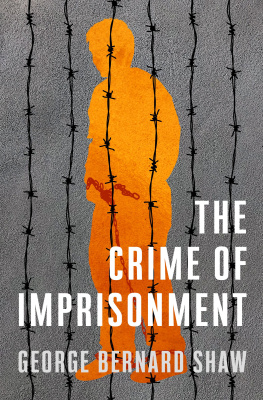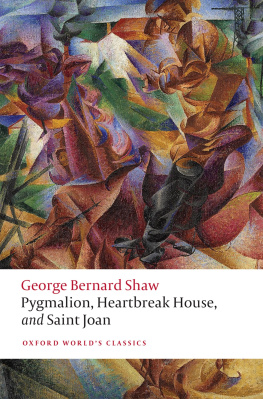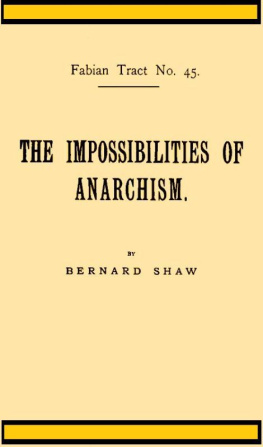George Bernard Shaw - Pygmalion and Three Other Plays (Barnes & Noble Classics Series)
Here you can read online George Bernard Shaw - Pygmalion and Three Other Plays (Barnes & Noble Classics Series) full text of the book (entire story) in english for free. Download pdf and epub, get meaning, cover and reviews about this ebook. publisher: Barnes & Noble, genre: Science. Description of the work, (preface) as well as reviews are available. Best literature library LitArk.com created for fans of good reading and offers a wide selection of genres:
Romance novel
Science fiction
Adventure
Detective
Science
History
Home and family
Prose
Art
Politics
Computer
Non-fiction
Religion
Business
Children
Humor
Choose a favorite category and find really read worthwhile books. Enjoy immersion in the world of imagination, feel the emotions of the characters or learn something new for yourself, make an fascinating discovery.

- Book:Pygmalion and Three Other Plays (Barnes & Noble Classics Series)
- Author:
- Publisher:Barnes & Noble
- Genre:
- Rating:3 / 5
- Favourites:Add to favourites
- Your mark:
- 60
- 1
- 2
- 3
- 4
- 5
Pygmalion and Three Other Plays (Barnes & Noble Classics Series) : summary, description and annotation
We offer to read an annotation, description, summary or preface (depends on what the author of the book "Pygmalion and Three Other Plays (Barnes & Noble Classics Series) " wrote himself). If you haven't found the necessary information about the book — write in the comments, we will try to find it.
George Bernard Shaw: author's other books
Who wrote Pygmalion and Three Other Plays (Barnes & Noble Classics Series) ? Find out the surname, the name of the author of the book and a list of all author's works by series.
Pygmalion and Three Other Plays (Barnes & Noble Classics Series) — read online for free the complete book (whole text) full work
Below is the text of the book, divided by pages. System saving the place of the last page read, allows you to conveniently read the book "Pygmalion and Three Other Plays (Barnes & Noble Classics Series) " online for free, without having to search again every time where you left off. Put a bookmark, and you can go to the page where you finished reading at any time.
Font size:
Interval:
Bookmark:
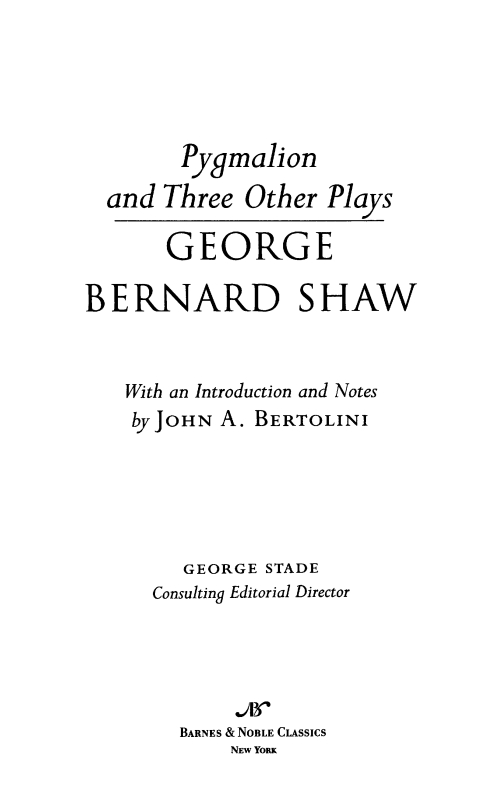
PYGMALION AND
THREE OTHER PLAYS
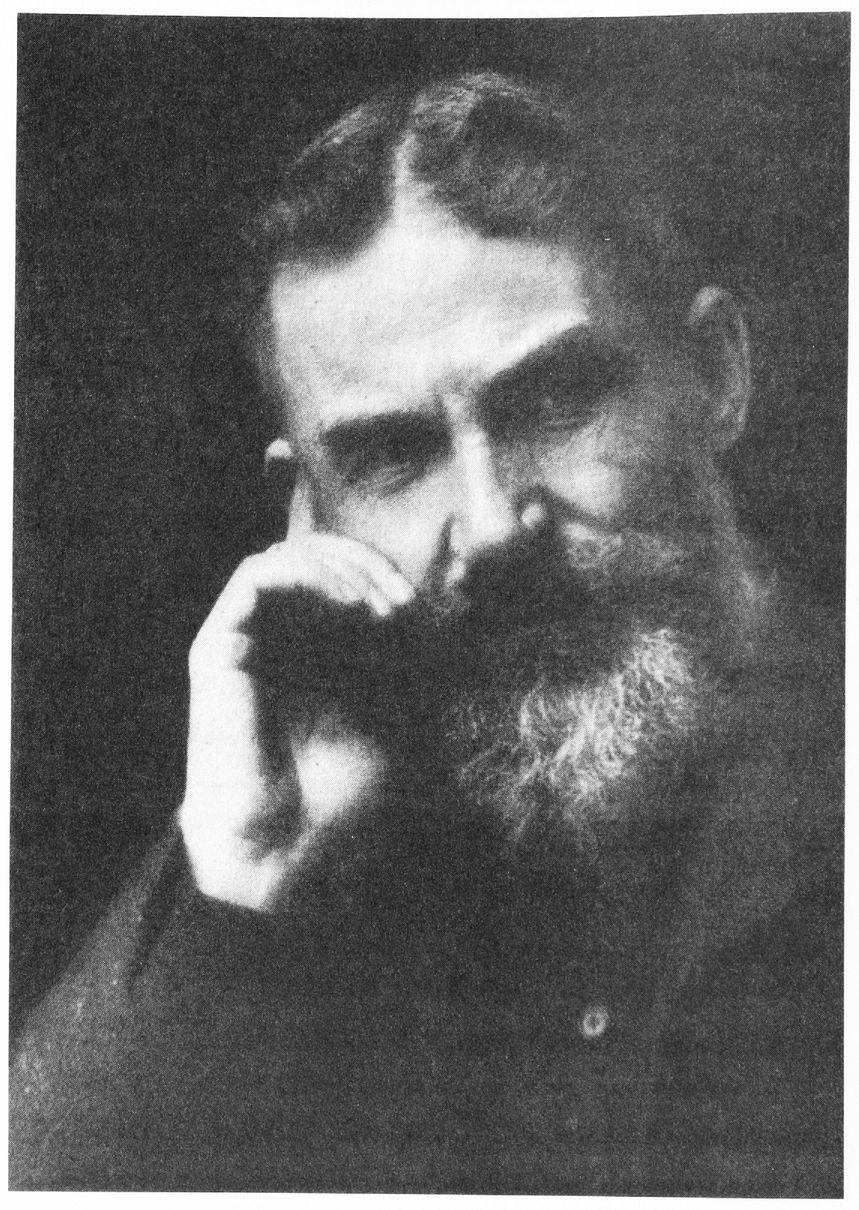
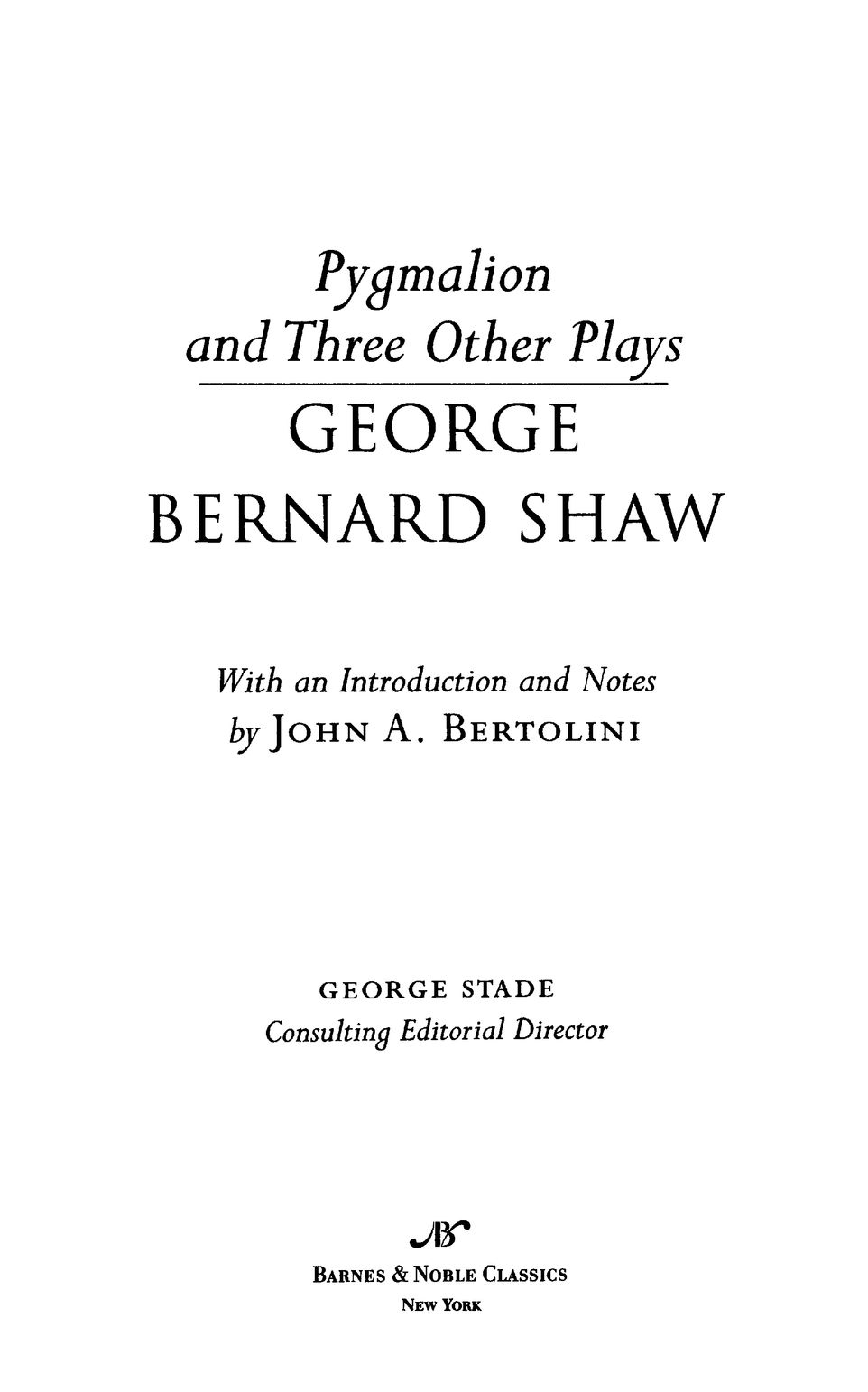
| 1856 | George Bernard Shaw is born on July 26, at 33 Upper Synge Street in Dublin, to George Carr Shaw and Lucinda Elizabeth Gurly Shaw. |
| 1865 | George John Vandeleur Lee, Mrs. Shaws singing instructor, moves into the Shaw household. Known as Vandeleur Lee, he has a reputation as an unscrupulous character. |
| 1869 | Embarrassed by controversy and gossip related to his mothers relationship with Vandeleur Lee, young Sonny, as Shaw was called by his family, leaves school. |
| 1871 | He begins work in a Dublin land agents office. |
| 1873 | Shaws mother, now a professional singer, follows Van deleur Lee to London, where they establish a household that includes Shaws sisters, Elinor Agnes and Lucille Frances (Lucy). Shaws mother tries to earn a living per forming and teaching Vandeleur Lees singing method. |
| 1876 | Elinor Agnes dies on March 27. Shaw joins his mother, his sister Lucy, and Vandeleur Lee in London. Although he tries to support himself as a writer, for the next five years Shaw remains financially dependent on his mother. |
| 1877 | Shaw ghostwrites music reviews that appear under Van deleur Lees byline in his column for the Hornet, a London newspaper. This first professional writing job lasts until the editor discovers the subterfuge. |
| 1879 | Shaw completes and serializes his first novel, Immaturity. He works for the Edison Telephone Company and later |
| will record his experience in his second novel, The Irrational Knot. Henrik Ibsens play A Dolls House premieres. | |
| 1880 | Shaw completes The Irrational Knot. |
| 1881 | He becomes a vegetarian in the hope that the change in his diet will relieve his migraine headaches. He completes Love Among Artists. The Irrational Knot is serialized in Our Corner, a monthly periodical. |
| 1882 | Shaw hears Henry Georges lecture on land nationaliza tion, which inspires some of his socialist ideas. He attends meetings of the Social Democratic Federation and is intro duced to the works of Karl Marx. |
| 1883 | The Fabian Societya middle-class socialist debating group advocating progressive, nonviolent reform rather than the revolution supported by the Social Democratic Federationis founded in London. Shaw completes the novel Cashel Byrons Profession, drawing on his experience as an amateur boxer. He writes his final novel, |
Font size:
Interval:
Bookmark:
Similar books «Pygmalion and Three Other Plays (Barnes & Noble Classics Series) »
Look at similar books to Pygmalion and Three Other Plays (Barnes & Noble Classics Series) . We have selected literature similar in name and meaning in the hope of providing readers with more options to find new, interesting, not yet read works.
Discussion, reviews of the book Pygmalion and Three Other Plays (Barnes & Noble Classics Series) and just readers' own opinions. Leave your comments, write what you think about the work, its meaning or the main characters. Specify what exactly you liked and what you didn't like, and why you think so.

